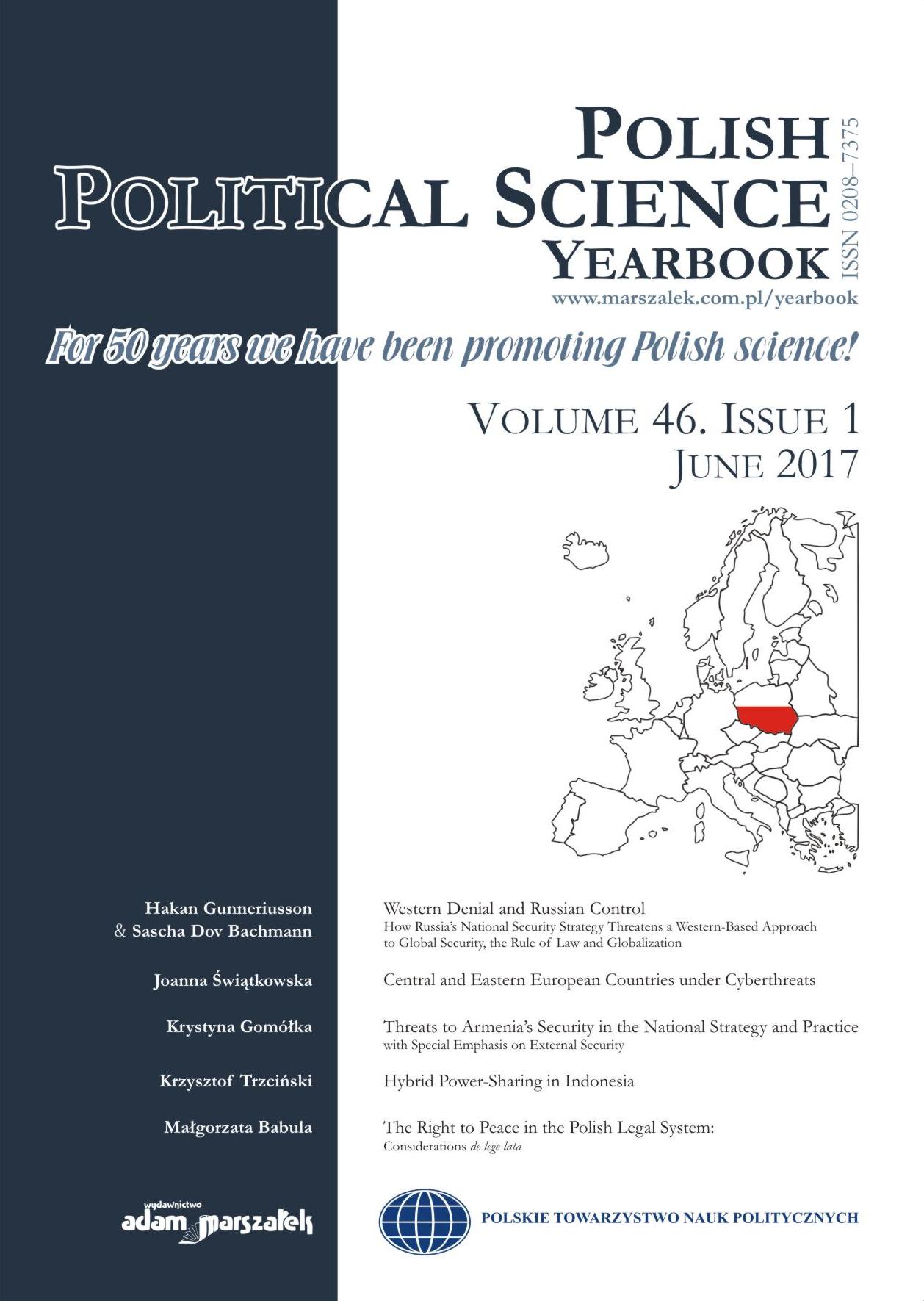The Government’s Remembrance Policy
The Government’s Remembrance Policy
Five Theoretical Hypotheses
Author(s): Patryk WawrzyńskiSubject(s): Politics, Law and Transitional Justice, Political Theory, Political Sciences, Governance, Public Administration, Government/Political systems, Political behavior, Political psychology, Politics and society, History and theory of political science, Culture and social structure , Theory of Communication, Social psychology and group interaction, Policy, planning, forecast and speculation
Published by: Wydawnictwo Adam Marszałek
Keywords: government’s remembrance policy; politics of memory; political influence; political behaviour;political attitudes;
Summary/Abstract: Remembrance is a powerful instrument of social mobilisation, identity construction and political competition. Its impact on individual and shared beliefs or attitudes makes it an object of government’s interest, because remembrance can be used to legitimise ideologies or policies. Theoretical considerations of a government’s role as a narrator lead us to the general definition of the government’s remembrance policy, which we understand as a complex of narratives and interpretations presented to influence citizens’ attitudes, behaviours, beliefs and identities. The paper develops the definition with five theoretical hypotheses on the effectiveness of remembrance narratives. It argues that the government’s remembrance policy is myth-motoric, non-scientific, emotional, based on commitment and that it is a type of social influence. The study is an initial verification of theoretical approach, and I believe that my arguments will motivate other researchers to investigate different aspects of a government’s desire to narrate past events.
Journal: Polish Political Science Yearbook
- Issue Year: 46/2017
- Issue No: 1
- Page Range: 294-312
- Page Count: 19
- Language: English

